Being on the island of Borneo with a unique bio-system, it naturally forms a big part of our research corpus. Read some of our research stories to discover our work.
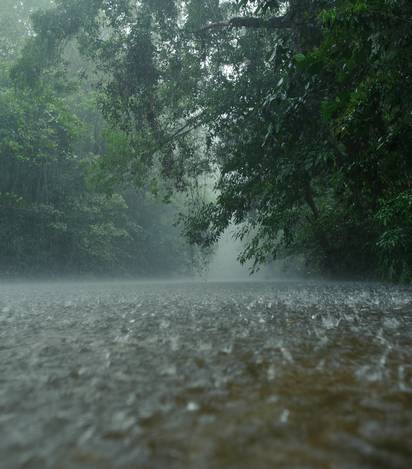
Sensors to monitor water quality
This research develops a contactless approach to determine the quality of water. The sensor determines the water quality by measuring the volatile compounds in the air just above the water surface.
The monitoring system adopts gas sensing mechanism using metal oxide sensors. Alongside helping the local communities the project also aims to study the correlation of volatile compounds with the amount of contaminants in the water.
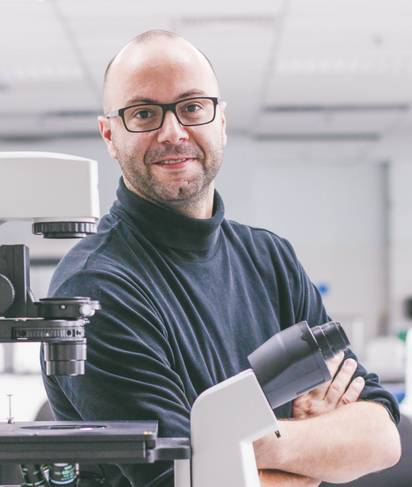
Spotlight story: Unravelling the secret of microbes
Dr. Müller’s research investigates microbes along Borneo’s coast, which are largely unexplored. The focus is to assess the biodiversity and roles of microbes in coral diseases, CO2 emissions of peat-draining rivers and endophytic fungi for bioremediation of heavy metals and plastic.
This research will lead to a better understanding of the roles that microbes play in the biogeochemical cycles in tropical environments, as well as a reduction of waste via bioremediation.
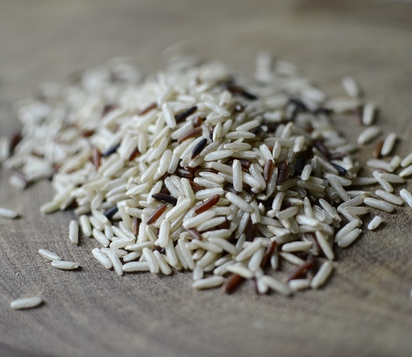
Rice is good for your heart
Sarawak has more than one hundred varieties of locally grown rice and their nutritional values are largely unexplored. Rice is also a provider of natural antioxidants, and Dr. Hwang’s research shows that antioxidants found in rice bran can fight against oxidative stress in cardiac cells, the leading cause of cardiovascular disease.
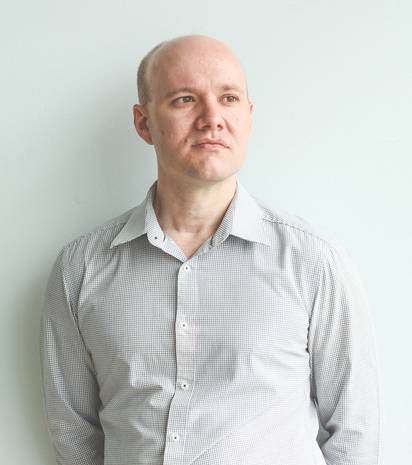
Spotlight story: Exploring new cancer therapies
Nasopharyngeal cancer has an unusually high occurrence rate in Malaysia, and the location of this cancer at the back of the nasal cavity makes it difficult to detect and treat.
Our research is two-fold, understanding the major causes of this cancer (Epstein-barr virus) and finding a suitable therapy. Promising results have been seen with a variety of new therapies, including those derived from natural products here in Sarawak and also from international pharmaceutical companies.
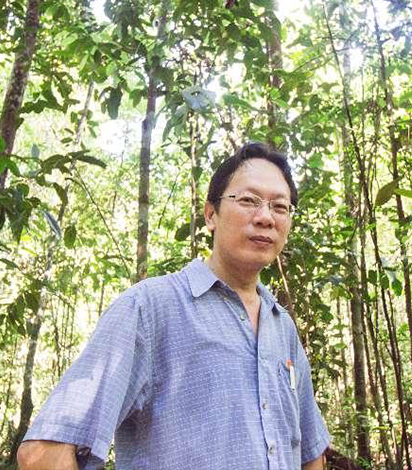
Brewing a microbe cocktail
Dr. Tan’s been inspired by the primary tropical rainforest which houses about 50% of all land diversity on earth. What makes the soil here so productive? Its the multiplicity of microbes which act as ideal fertilisers and soil conditioning agent.
He’s researching collecting, isolating ideal microbial varieties to make a greener and more effective biofertiliser which will allow for plant diversity to flourish.
More research stories
These are some of our Spotlight research stories. If you would like to pursue a research degree or do research in one of our impact areas, please contact the School of Research.

